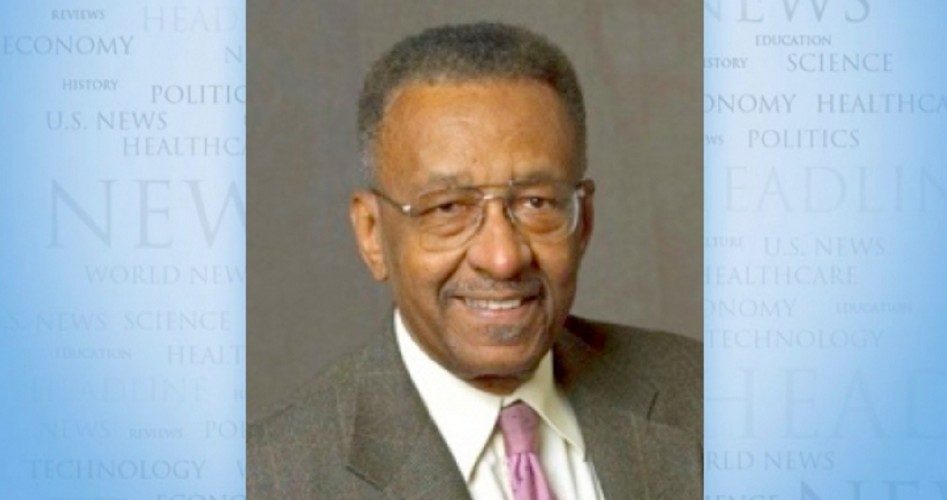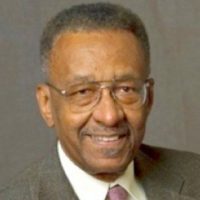
President Donald Trump reportedly asked why the U.S. is “having all these people from [s***hole] countries come here.” I think he could have used better language, but it’s a question that should be asked and answered. I have a few questions for my fellow Americans to consider. How many Norwegians have illegally entered our nation, committed crimes and burdened our prison and welfare systems? I might ask the same question about Finnish, Swedish, Welsh, Icelanders, Greenlanders and New Zealanders. The bulk of our immigration problem is with people who enter our country criminally from Mexico, Central America, the Caribbean, Africa and the Middle East. It’s illegal immigrants from those countries who have committed crimes and burdened our criminal justice and welfare systems. A large number of immigrants who are here illegally — perhaps the majority are law-abiding in other respects — have fled oppressive, brutal and corrupt regimes to seek a better life in America.
In the debate about illegal immigration, there are questions that are not explicitly asked but can be answered with a straight “yes” or “no”: Does everyone in the world have a right to live in the U.S.? Do Americans have a right to decide who and under what conditions a person may enter our country? Should we permit foreigners landing at our airports to ignore U.S. border control laws just as some ignore our laws at our southern border? The reason those questions are not asked is that one would be deemed an idiot for saying that everyone in the world has a right to live in our country, that Americans don’t have a right to decide who lives in our country and that foreigners landing at our airports have a right to just ignore U.S. Customs and Border Protection agents.
Immigration today, even when legal, is different from the immigration of yesteryear. People who came here in the 19th century and most of the 20th century came here to learn our language, learn our customs and become Americans. Years ago, there was a guarantee that immigrants came here to work, because there was no welfare system; they worked, begged or starved. Today, there is no such assurance. Because of our welfare state, immigrants can come here and live off taxpaying Americans.
There is another difference between today and yesteryear. Today, Americans are taught multiculturalism throughout their primary, secondary and college education. They are taught that one culture is no better or worse than another. To believe otherwise is criticized at best as Eurocentrism and at worst as racism. As a result, some immigrant groups seek to bring to our country the cultural values whose failures have led to the poverty, corruption and human rights violations in their home countries that caused them to flee. As the fallout from President Trump’s indelicate remarks demonstrates, too many Americans are afraid and unwilling to ask which immigrant groups have become a burden to our nation and which have made a contribution to the greatness of America.
Very unfortunate for our nation is that we have political groups that seek to use illegal immigration for their own benefit. They’ve created sanctuary cities and states that openly harbor criminals — people who have broken our laws. The whole concept of sanctuary cities is to give aid, comfort and sympathy to people who have broken our laws. Supporters want to prevent them from having to hide and live in fear of discovery. I’d ask whether, for the sake of equality before the law, we should apply the sanctuary concept to Americans who have broken other laws, such as robbers and tax evaders.
We should not fall prey to people who criticize our efforts to combat illegal immigration and who pompously say, “We’re a nation of immigrants!” The debate is not over immigration. The debate is over illegal immigration. My sentiments on immigrants who are here legally and who want to become Americans are expressed by the sentiments in Emma Lazarus’ poem “The New Colossus,” which is on a plaque inside the Statue of Liberty and in part says, “Give me your tired, your poor, your huddled masses yearning to breathe free.”
Walter E. Williams is a professor of economics at George Mason University. To find out more about Walter E. Williams and read features by other Creators Syndicate writers and cartoonists, visit the Creators Syndicate webpage at www.creators.com.
COPYRIGHT 2018 CREATORS.COM



